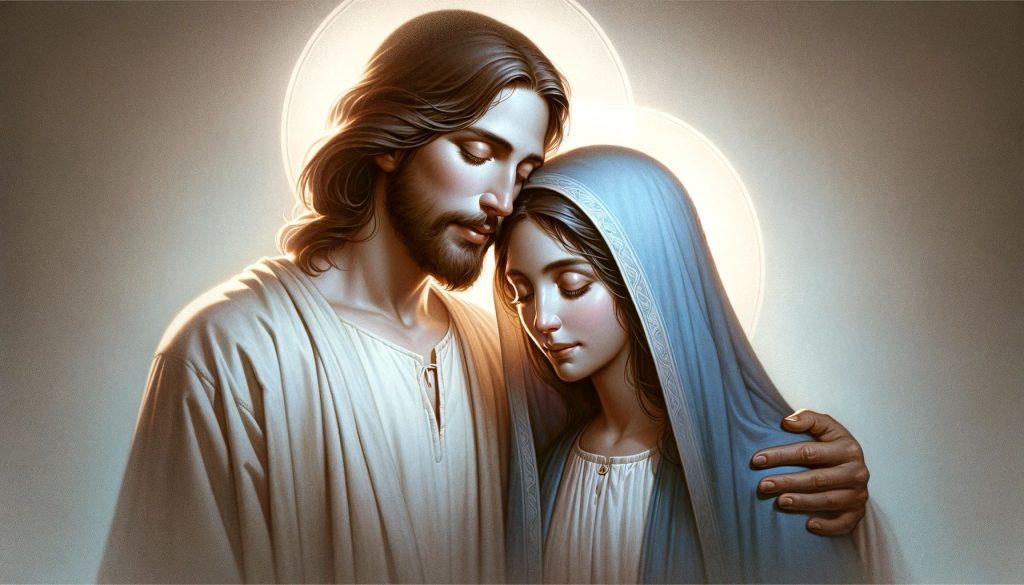Ingersoll’s Perspective
Robert G. Ingersoll, a notable figure in the realm of religious criticism, once articulated a thought-provoking stance: “monstrous that future happiness should depend upon belief.” This statement beckons us to delve into the profound role of belief within the framework of Catholic theology.
The Divine Word and Belief
Central to Catholic faith is the conviction in the power of belief, specifically in the veracity of the Scriptures. The Douay–Rheims Bible, a cornerstone of Catholic Scripture, eloquently articulates this in Romans 10:17: “So then faith cometh by hearing; and hearing by the word of Christ.” This passage illuminates the pathway to faith—through the attentive reception and acceptance of the Word of Christ.
The Implications of Doubt
Ingersoll’s assertion poses a formidable challenge to the core of religious belief. He seems to argue against the necessity of faith even in the face of proven divine word. This perspective stirs a contemplation about the nature and repercussions of doubt. In stark contrast, the Scripture offers profound insights into the necessity of faith. Consider Numbers 23:19, which states, “God is not a man that he should lie, nor as the son of man that he should be changed. Hath he said then, and will he not do?” This verse is a testament to the unwavering truth and reliability of God’s promises, urging believers to steadfast trust.
The Wisdom in Ingersoll’s Words
Ingersoll, in his critical examination of religious doctrines, provocatively suggests that personal happiness should not be contingent on one’s belief system. His words, “You may call God a liar, and if your doing so interferes with your happiness it is monstrous!” compel us to reflect on the intersection of belief, happiness, and the human condition. While his views stand at odds with traditional Catholic doctrine, they encourage a thoughtful consideration of the emotional and psychological dimensions of faith.
Conclusion
In the tapestry of Catholic theology, belief in the divine Word forms the bedrock of spiritual life. Ingersoll’s perspectives, divergent as they may be, remind us of the intricate and often complex relationship between belief and happiness. The journey of faith, interwoven with personal happiness, continues to be a subject of deep theological and philosophical inquiry.
🙏 PayPal Donation Appreciated
The Case for Catholicism - Answers to Classic and Contemporary Protestant Objections
Disclaimer: As an Amazon Associate, I earn from qualifying purchases. Thank you.
